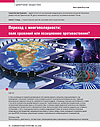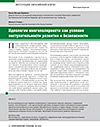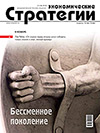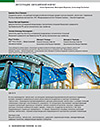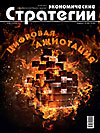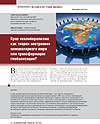Transition to Multipolarity: Battlefields or Positional Opposition?
The article analyzes the current transitional stage of development of the world community, when unipolarity under the leadership of the United States begins to weaken. Under these conditions, the resistance of the establishment of countries losing their dominance in the world community, the position of states defending the principles of multipolarity, in connection with which the conflict character of the development of the world community increases. The theory of the balance of forces inherent in the “cold war”, which considers balancing the nuclear potential of countries possessing it, now involves the inclusion of elements of information confrontation and cyber opposition, the latter can lead to radical negative consequences. The article analyzes the development of international law as a basic element of the formation of polycentrism, opposition to information attacks from the West, as well as the need to develop a single platform for the BRICS countries to digitize economies and information and communication interaction.



